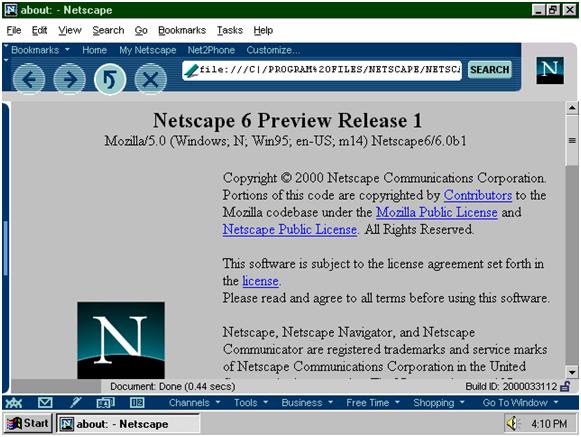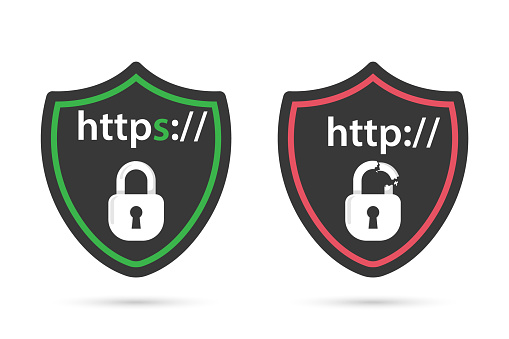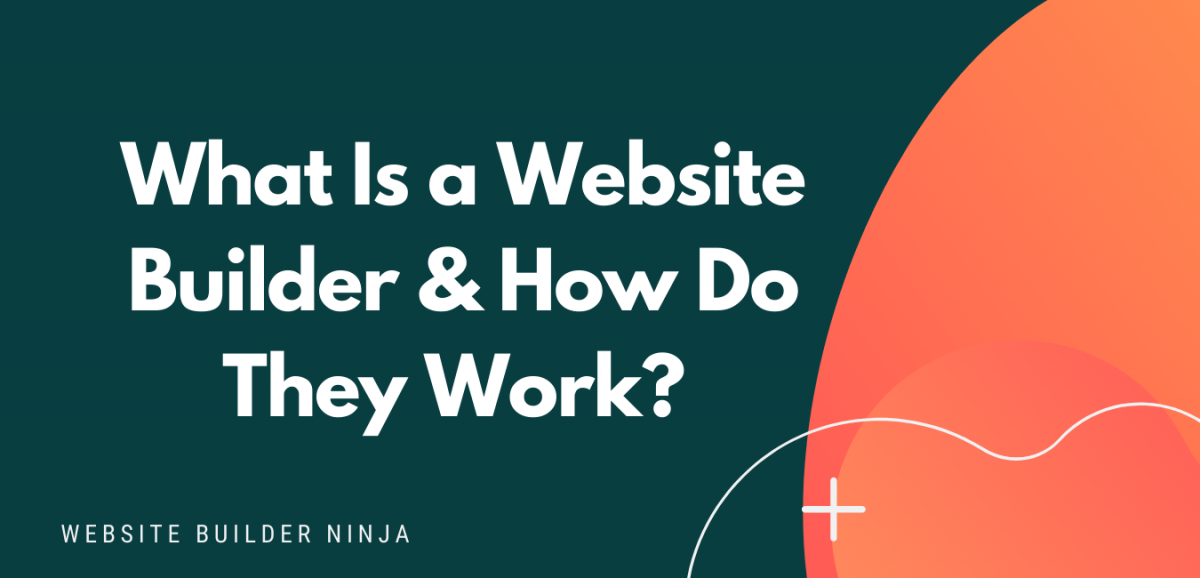HTTP vs. HTTPS – does it really matter & why should you care?

You may have been told that you should switch your website to HTTPS from HTTP immediately, or else! Alternatively, you may be wondering if the rumors that say failing to switch to an HTTPS website will damage your rankings are true… Or, you may simply be thinking, is it really worth the hassle, how much difference can it actually make to my SEO and website security?
The rest of the article will help you to understand exactly what HTTPS is, the benefits of it, and how you would go about switching from HTTP to HTTPS. Let’s start by diving into where it comes from and what it is…
A brief history of HTTPS

The internet started with HTTP. However, an issue arose when things started to be bought and sold online. When a website and server sent information over HTTP, anyone between the website and server could copy the data being sent across. This meant that hackers could easily access the personal financial details of anyone purchasing goods online.
In 1995, a company called Netscape spotted an opportunity to create a secure channel between online businesses and their customers by developing the existing HTTP protocol. And guess what? They called it HTTPS.
Over the next two decades, various vendors began to improve HTTPS protocols, making it more secure and easy to use. It was mostly used by ecommerce websites that had to take extra steps to protect their customer’s financial details. However, fast forward to 2014 when Google recommended that sites move over to HTTPS and now there’s a reason for everyone to consider switching to HTTPS. They incentivized website owners by suggesting that HTTPS sites would see a minor boost in their rankings, giving them a competitive edge over sites that did not make the switch.
Understanding the basics

Before we go any further into why you should consider creating an HTTPS website and how to do it, we should first go over exactly what it is so you know what you’re signing up for.
What is HTTP?

It stands for Hypertext Transfer Protocol and it’s the underlying system used by the internet to communicate data between systems. It’s most frequently used to transfer the data from a server to a web browser so that the user can open a web page. It’s basically a few lines of text that requests an action to take place to meet the users need. It’s called a GET request and it looks something like this:
GET /hello.txt HTTP/1.1
User-Agent: curl/7.63.0 libcurl/7.63.0 OpenSSL/1.1.l zlib/1.2.11
Host: www.123test.com
Accept-Language: en
What is HTTPS?

HTTPS or Hypertext Transfer Protocol Secure is fundamentally the same protocol as HTTP with added layers of security to protect the user’s online data. It involves the use of an SSL certificate or secure sockets layer certificate which is used to create an encrypted connection between the server and web browser. This is what an HTTPS GET request looks like:
PIV0IRyiEhVpa6VnKyExMiEgNveroyWBPlgGyfkflYjDaaFf/Kn3bo6OfghFNITo6AfSHlNtL8N7ITEwIXc1gU5X73xyDJormzz
What’s the main difference?
The problem with HTTP is that it sends the users request in plain text. Although the above HTTP GET request example might look confusing to the untrained eye, it’s easy to understand if you have the correct knowledge. Therefore, it exposes the user’s actions and data to anyone that knows how to look.
As you can see the main difference between HTTP and HTTPS is that the data from the GET request is encrypted by the SSL certificate. The encrypted connection is what protects the user’s data and makes it much more difficult for hackers to access it.
How does HTTPS work?

The easiest way to describe how HTTPS works is that it takes the existing well-known HTTP protocol and simply adds a layer of security on top of it. The server and web browser still communicate in the same way, however, the data from the requests and responses that are communicated are encrypted.
The SSL security protocol has two main purposes:
Authentification – it verifies that you are speaking directly to the server that you think you are and that you haven’t been re-routed to somewhere else.
Encryption – the SSL makes sure that only the server can read the data you send and only your web browser can read what it sends back.
So, HTTPS works by enabling the communication between the server and website to happen through a secure HTTPS channel where the data gets encrypted as it travels between each location. Additionally, it ensures that the data travels to the correct server.
Why is HTTPS better?

So, now you know what HTTPS is, how it works, and the difference between HTTPS & HTTP. However, you might still be wondering ‘well, why is it better?’ and ‘how will it benefit me and my website?’.
Better security for your web visitors
We’ve already touched on this one but it’s the most important reason for people to consider upgrading their site to HTTPS, so it’s worth mentioning again. An SSL certificate has become the basic requirement for website security, especially if you are going to collect any form of data from your website visitors. It could be email addresses, delivery addresses, passwords, browsing history, or financial details. Whatever the data is, having an SSL certificate will show your web visitors that you take data protection seriously. In turn, this will help them trust your website and brand more easily.
Also some web browsers have started to launch warning messages to visitors that are about to enter a HTTP site, informing them that their connection is not private. It’s gaurenteed to make a customer wary of buying products or nervous about parting with any personal information. So, if you want your website visitors to do either of those things, you should sign up for a HTTPS site to avoid the ugly warning message.
Boost to SEO performance
There are several reasons why HTTPS will help boost your rankings in the search engine ranking pages (SERP). We’ve mentioned it already but HTTPS has been a direct ranking signal in Google’s ranking algorithm since 2014. While it won’t provide a dramatic increase on its own, an HTTPS site will have the advantage over an HTTP site. Additionally, HTTPS sites load much faster than HTTP sites and page speed is also a direct ranking factor. So, the faster your site, the higher it will rank. Finally, visitors are much more likely to click-through to and hang around on a website with a secure connection. Therefore, having an HTTPS site will improve your click-through rate and lower your bounce rate which are two more things that Google considers when deciding how to rank your page.
In summary, while HTTPS sites only receive a minor rankings boost as a direct effect, you will also benefit from the additional boost to loading speed and visitor confidence. Over time all of this combined will help to boost your SERP positions and help you to grow organic traffic. Of course, you will also need to follow SEO best practices to get the best results but switching to HTTPS is another thing you can do to optimize your website.
Boost conversion rates
A quick thought experiment helps explain why HTTPS boost conversion rates. Would you buy a product from a website without a secure connection to protect your financial data? Most likely the answer is no and findings from industry research backs this up. GMO Internet Group found that 84% of users would abandon a purchase if data was sent over an insecure connection. If you run an ecommerce site that is a huge amount of money that you are missing out on. The potential return on investment from the $100 it costs for an SSL certificate could be huge.
Gain access to referral data
Something else you gain when you switch from HTTP to HTTPS is referal data. If you have a HTTP site referal traffic will show up as ‘direct traffic’ in Google analytics which doesn’t give you much information to work with. HTTPS sites will save the data of the website that referred traffic to yours and you will then be able to see exactly which websites are bringing you traffic in Google analytics. This will help you develop an effective backlink strategy and more.
Qualify for AMP
AMP or Accelerated Mobile Pages were created by Google to help mobile devices load web pages much faster. AMP pages tend to rank higher than other pages on mobile search ranking pages because they provide a better experience for mobile and tablet users. If you want to be able to use AMP on your web pages, you need an HTTPS website to qualify. So, if making your website mobile friendly is part of your strategy, you will need an SSL certificate.
What’s the process of switching to HTTPS?

Lots of people avoid the switch from HTTP to HTTPS because they think that it’s going to be super complicated and not worth the effort. However, fundamentally you only need to follow a few steps to make the switch. The below list outlines the basic procedures you need to follow to transfer your site from HTTP to HTTPS:
- Purchase an SSL certificate from your web hosting service
- Install the SSL certificate on your web hosting account (most web host providers will do this for you)
- Edit all of your internal links so that they link to HTTPS rather than HTTP. You can use a site crawling tool to check that you haven’t missed any to avoid SEO penalties if some HTTP links remain.
- Set up 301 redirects so that search engines can index your web pages again under the new and more secure HTTPS protocol.
Why you should adopt HTTPS
Making the switch to HTTPS has many benefits to your website. The main reason you should do it is to protect your visitors data by creating a secure connection between your website and the server it’s stored on. However, as well as improving the security of your website, you will also get a boost to your SEO performance, build trust with your visitors, and boost conversion rates if you’re selling products or asking for personal details in exchange for something. You will also get access to additional benefits such as access to Google’s AMP and referral data on Google analytics. The process of switching is relatively simple and the sooner you do it, the sooner you will start to see the benefits.
What are you waiting for? Go and make your website secure today! It’s a no-brainer.
Written By

What is a website builder?
The simplest answer to the question of what is a website builder is that it’s a software programme that helps you to build a website without having to manually code anything. But, how do they work?

Cheapest Website Builder 2021
Building a website doesn’t have to cost the earth. We’ve pulled together a list of the cheapest website builders and ecommerce platforms to help you find an affordable option for your website. Not only are they the cheapest, but some of them are the best of the best…
